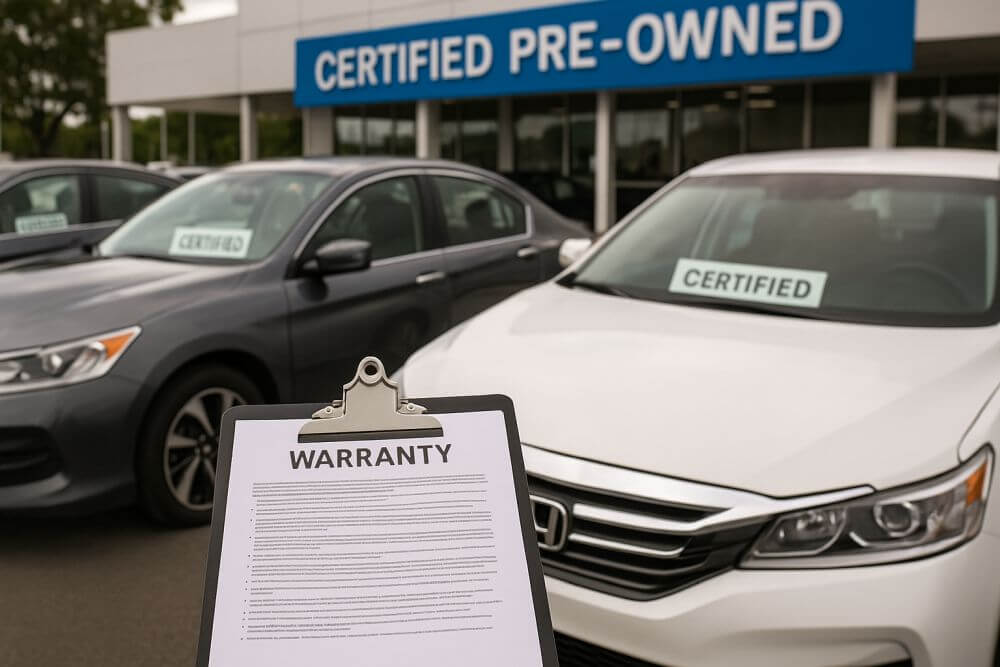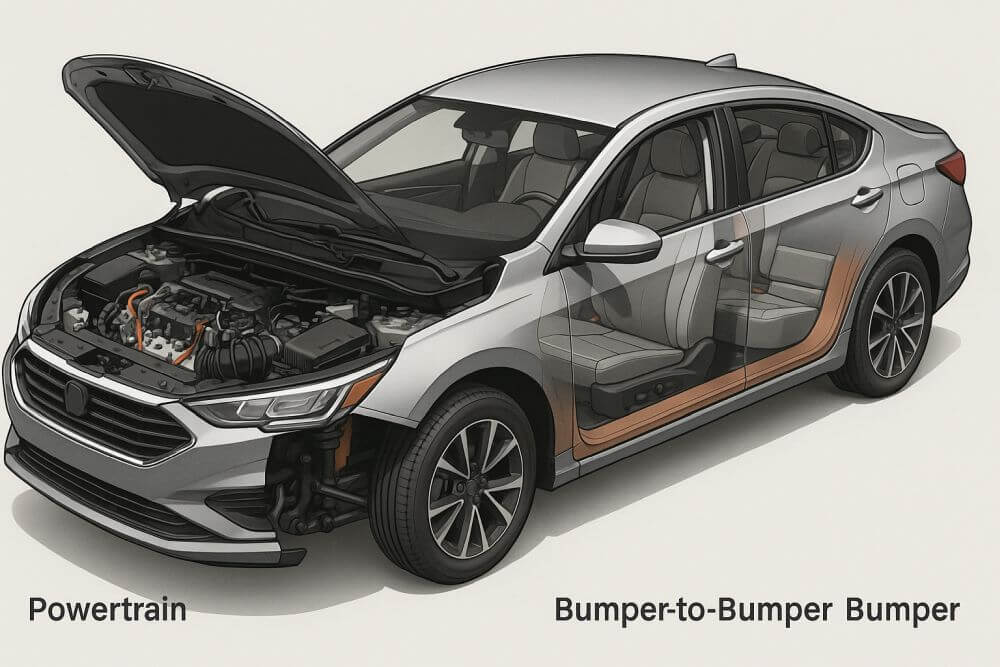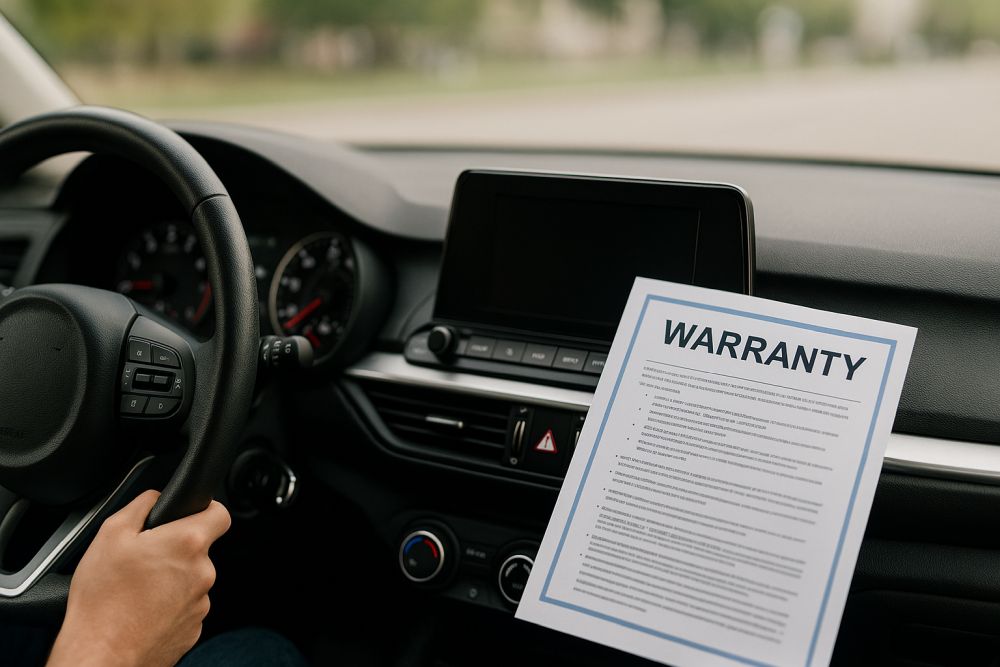Buying a used car can offer many benefits, but it is important to avoid common mistakes in order to make a smart and informed purchase. If you neglect to thoroughly research a car’s history, you could end up with a car that has a history of mechanical problems or has been in a serious accident. If you don’t inspect a car thoroughly before making a purchase, you could end up with hidden problems that could be expensive to repair.
If you don’t consider the total cost of ownership, you could end up with a car that is more expensive to own and maintain than you initially realized. If you don’t negotiate effectively, you could end up paying more for a car than it is worth. And if you skip the necessary paperwork, it can result in legal issues, such as disputes over the terms of the sale or the ownership of the vehicle.
By avoiding these common mistakes and taking the time to make a well-informed decision, you can ensure that you find the best possible used car for your needs and budget.

Failing to Research the Car’s History
It is important to research a car’s history because this information can reveal important details about the car that you may not be able to see or know just by looking at it. For example, a car’s history report can tell you if the car has been in any accidents, how many owners it has had, if it has a clean title, and if it has been in any flood or fire incidents. This information can help you determine if the car is a good fit for you and if it is likely to have any hidden problems.
A car’s history report can reveal information about its maintenance and repair history, such as if the car has received regular oil changes, if the brakes and tires have been replaced, and if any major repairs have been made. This information can give you a better idea of the car’s overall condition and how reliable it is likely to be in the future.
Researching a car’s history can also help you avoid potential scams and frauds. Some sellers may attempt to conceal a car’s history or present it in a misleading way, so it is important to verify the information for yourself. By conducting a thorough history check using a license plate lookup, you can feel more confident in your decision to purchase a used car and avoid any potential surprises or disappointments down the road.
Neglecting to Inspect the Car Thoroughly
A thorough inspection is an important step in the process of buying a used car. It helps you to assess the condition of the car before you make a purchase. During an inspection, you can look for any visible signs of wear and tear, such as dents, rust, or other damage, and determine if the car has been well-maintained. You can also check the car’s systems, such as the engine, transmission, suspension, and brakes, to ensure they are functioning properly and identify any potential problems.
Inspecting a used car is also a good opportunity to test drive the car and get a feel for how it handles and performs. This can help you determine if the car is the right fit for your driving needs and if it meets your expectations for comfort and reliability.
It can help you avoid any hidden problems that may not be obvious at first glance. For example, a car may appear to be in good condition on the outside, but upon closer inspection, you may find that the engine or transmission has significant wear and tear. By conducting a thorough inspection, you can identify these problems and determine if the cost of repairing them is worth the cost of the car.
Overlooking the Total Cost of Ownership
The total cost of ownership (TCO) is the comprehensive cost of owning and operating a car over its entire lifespan. This cost goes beyond the initial purchase price and includes all the expenses that are associated with owning a car, including:
- Fuel costs – This includes the cost of gas or diesel for the car, which will vary depending on the price of fuel and the car’s fuel efficiency.
- Maintenance costs – This includes the cost of routine maintenance, such as oil changes, tire rotations, and brake repairs, as well as any unexpected repairs or replacements that may be required.
- Insurance costs – This includes the cost of car insurance, which is typically required by law and helps protect you financially in the event of an accident.
- Taxes and fees – This includes any taxes or fees that are associated with owning and operating a car, such as property taxes, license and registration fees, and sales tax.
- Depreciation – This refers to the decrease in value of the car over time, which can be significant, especially for new cars.
It’s important to consider the TCO when buying a used car because it can give you a more accurate picture of the overall cost of ownership and help you determine if the car is a good value for your budget.
Negotiating Poorly
Negotiation allows you to secure the best possible price for the car you are interested in. When you negotiate, you have the opportunity to discuss the terms of the sale with the seller and try to reach a mutually agreeable price. You can address any concerns or issues you may have with the car, such as its condition, history, or price. By having an open and honest conversation with the seller, you can clarify any questions or concerns and ensure that you are comfortable with the terms of the sale.
Negotiating can also help you to save money and get a better deal on the car. For example, you may be able to negotiate a lower price if the car has any issues or if there are other comparable cars available for sale at a lower price. By being prepared, confident, and open to compromise, you can negotiate effectively and get the car you want at a price that is right for you.
Skipping the Necessary Paperwork
When buying a used car, it’s important to understand the necessary paperwork that must be completed in order to complete the sale and transfer ownership of the vehicle. The following is a list of some of the most common forms and documents required when buying a used car:
Bill of Sale
This is a legally binding document that details the terms of the sale, including the purchase price, the make and model of the car, and the names and signatures of the buyer and seller.
Title Transfer
The title transfer process involves transferring the ownership of the car from the seller to the buyer. The seller must sign the title over to the buyer, who must then take the title to the DMV to complete the transfer.
Insurance
Before driving the car away, the buyer must have car insurance in place to protect themselves in the event of an accident. This can typically be arranged by the buyer or the seller, but the buyer is responsible for ensuring that the car is insured.
Smog Certificate
In some states, a smog certificate is required in order to transfer the ownership of a used car. This certificate verifies that the car meets the emissions standards for the state and helps to ensure that the air quality is protected.
Vehicle History Report
A vehicle history report provides information about the car’s history, including accident and repair reports, odometer readings, and previous owners. This report can help the buyer to make a more informed decision and identify any potential issues with the car.
The requirements may vary depending on the state or jurisdiction in which you live. It’s important to research the specific requirements in your area and be prepared to complete the necessary paperwork in order to complete the sale and transfer ownership of the vehicle.


